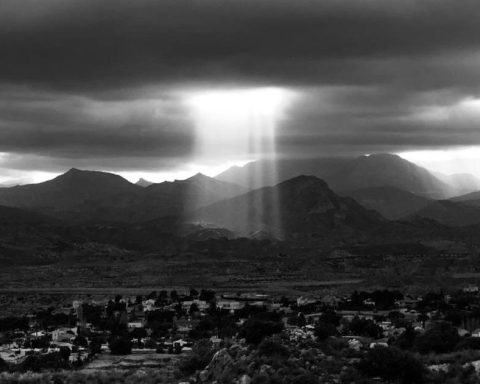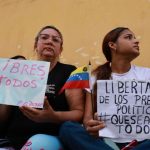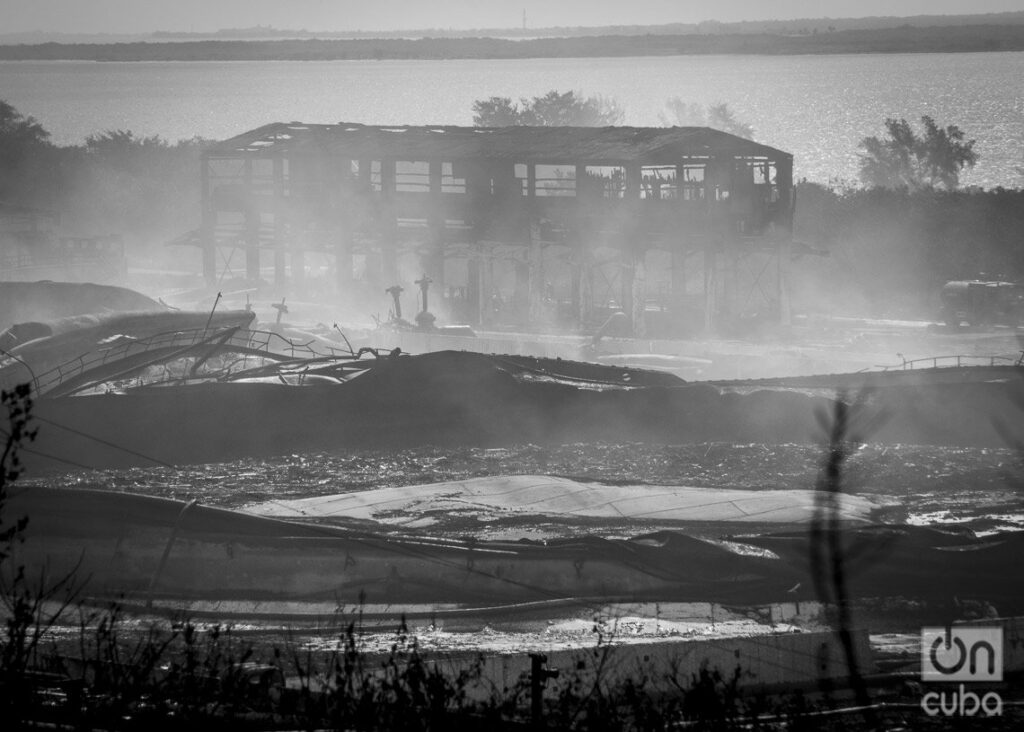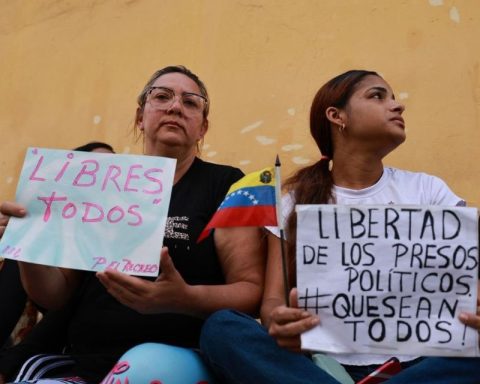In recent years, it has been a career to affirm that Colombia is a polarized country. However, after studying the situation in depth, the experts come to the conclusion that this statement is not so true and that there is greater cohesion around substantial issues and there are fewer opinions that place the majority on opposite sides.
(Read: The indicators that increase the fear of an economic recession).
That shows the second phase of the “Study of Reconciliation and Polarization in Colombia” of Mobilizatorio, an expert laboratory in social transformation.
In the first one, data mining and analysis were carried out. to more than 2,600,000 tweets in 2020 in six conversation topics determining if these were polarized or not: Peace Agreement, corruption, social protest, Venezuela, environment, gender and diversity. For the second phase, 2,000 surveys were conducted in the country, analyzing the same 6 themes.
“Colombia is a relatively homogeneous country in its moral values and social demands. Recognition of the foregoing leads us to say that there are no highly determining factors to conclude that Colombia is a completely polarized country. This is deepened when it is understood that the factors of division have a thematic/conjunctural nature, while the factors of union have a substantial nature.”, he notes.
“In this phase, it was possible to show that the moral profiles of the Colombian population show a relative homogeneity that allows qualifying the idea that there is a deep social fracture.” He adds that “despite the widespread perception of polarization, and the polarization generated around thematic agendas, there is in Colombia a unity of moral values on which it is possible to build great country agreements.” The study defines 4 psychographic profiles or clusters segmented by analytical variables: demographics and political preferences; political panorama and emotions towards the country; moral values; thematic areas; media and electoral preferences.
Traditionalists
This group is the strongest defender of the status quo and the one with the highest religious affiliation to Catholicism. His attachment to order and defense and security institutions shows that these are understood as fundamental for the achievement of a better society. Although more than 50% are considered apathetic, their ideological positions are aligned with patriotism, authoritarianism and with positively valuing the role of men in society, as well as with conservative positions on issues of gender, public force and religious affiliation.
indifferent
People who are characterized byr show their mistrust of others and institutions. It concentrates the largest young population, which has a predominantly urban profile and the lowest rates of religious affiliation, coexists between the aspiration that there are strong schemes of authority and order and the disbelief that the current system is functional. Due to the distrust that he expresses towards the government, the institutions and the people in general, the issues that concern him are corruption, the functioning of the system and Venezuelan migration.
(Read on: ‘Another reform may be needed in about two years’: Santamaría).
Pessimists
For the study, They are people with low material conditions, educational deficiencies and high levels of unemployment. For this reason, they show tendencies towards a negative assessment of the present and the future, both individually and in the community, identifying themselves as actors lacking hope and victims of the system. It is the segment with the greatest presence of the rural population, for which it is inferred that it has been hit by the armed conflict and its affiliation with authoritarian structures, denoting longing for a functional system that protects their rights. They are concerned about water contamination, corruption and the health system.
Vowels
In this segment, people are considered actors of social change. They have a high ideological affiliation and participation in political and community life, and show an optimistic position regarding the future and the functioning of the institutions. It is also the segment that presents the greatest consumption of alternative communication media, that distrusts traditional media the most and that assigns the greatest responsibility to these for the division of the country.
BRIEFCASE
















